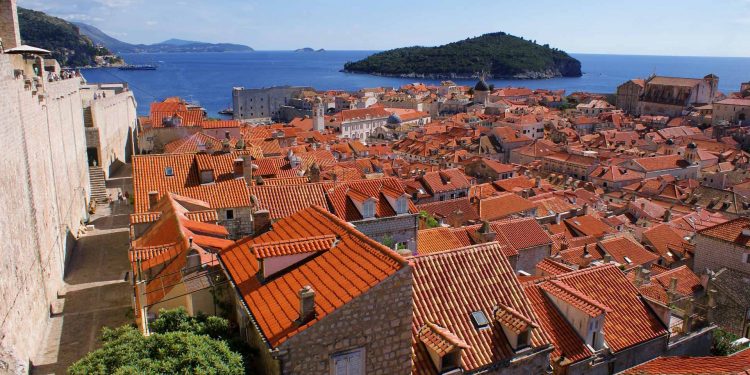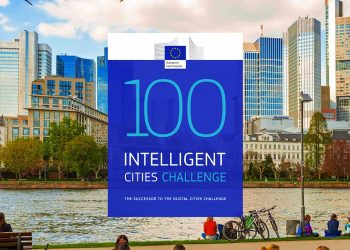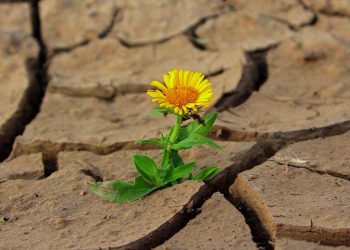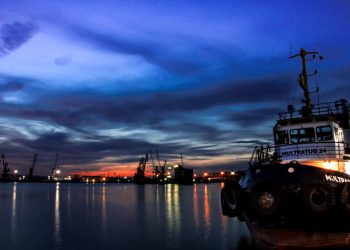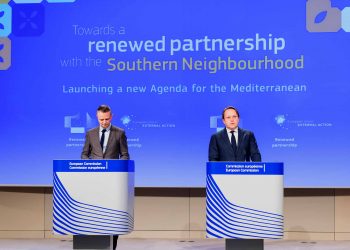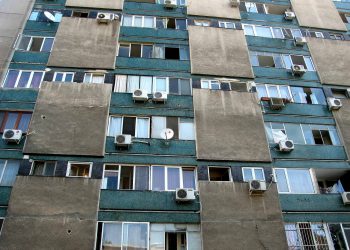Cohesion policy plays a crucial role in the public investment in Croatia getting money to improve now drinking water in Dubrovnik according to the revised Directive. European Commission has approved an investment of more than €60 million from the Cohesion Fund to upgrade the water supply and wastewater collection and treatment infrastructures in and around Dubrovnik, Croatia. High quality, safe and sufficient drinking water is essential for our daily life, for drinking and food preparation.
Commissioner for Cohesion and Reforms, Elisa Ferreira, commented: “This project will not only provide inhabitants with the essential access to clean water and reduced water losses but it will also boost the commercial and touristic attractiveness of the area, thus improving the local socio-economic development. Once more, Cohesion policy is about delivering concrete solutions and additional benefits to local challenges.”
Works on water supply mainly cover Dubrovnik, but also include districts supplied by the Zaton-Orašac-Elafiti and Mioševići-Visočani systems, while the wastewater section of the project covers Dubrovnik agglomeration alone. The project will contribute to ensure compliance with the EU Drinking Water, urban wastewater treatment, groundwater and Water Framework Directives.
Can you drink the tap water in Europe? Is it safe?
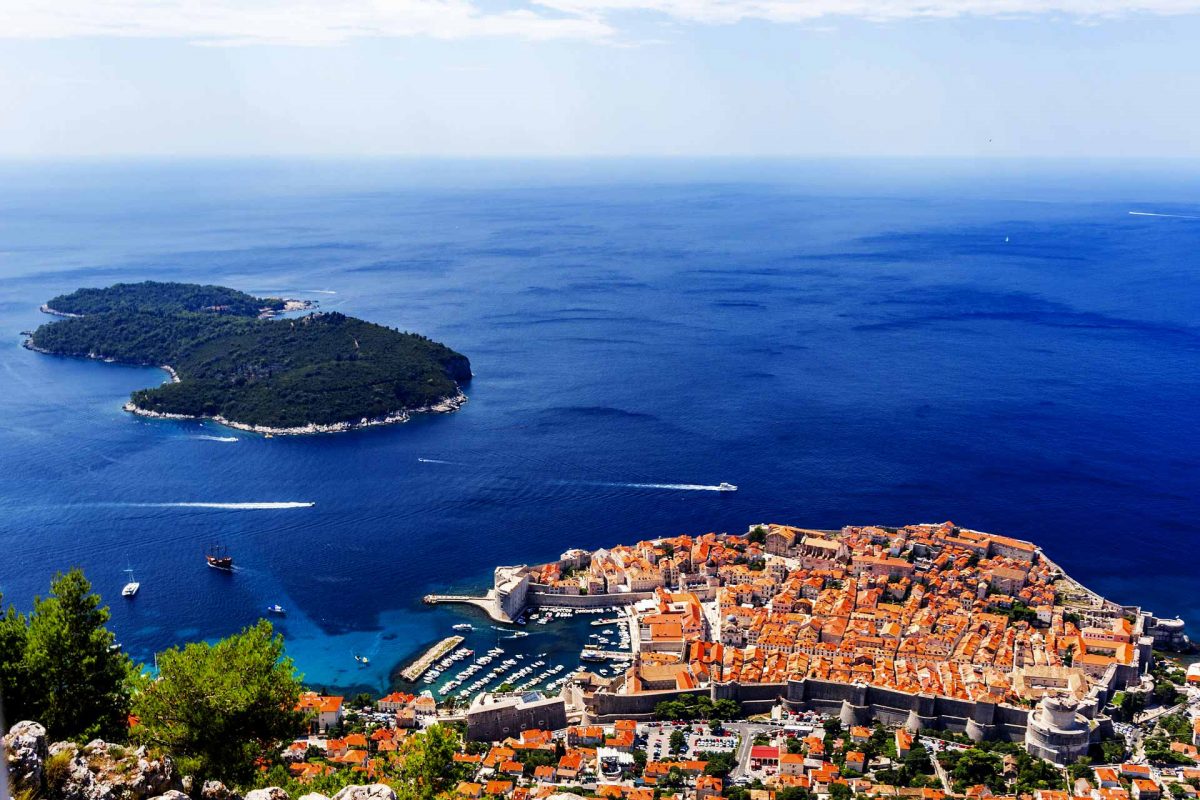
European drinking water policy
The European Union has a history of over 30 years of drinking water policy. This policy ensures that water intended for human consumption can be consumed safely on a life-long basis. Also this represents a high level of health protection. The main pillars of the policy are to:
- Ensure that drinking water quality follows controls through standards based on the latest scientific evidence;
- Secure an efficient and effective monitoring, assessment and enforcement of drinking water quality;
- Provide the consumers with adequate, timely and appropriately information;
- Contribute to the broader EU water and health policy;
The revised Directive
On 16 December 2020, the European Parliament formally adopted the revised Drinking Water Directive. The Directive will enter in force on 12 January 2021. Member States will have two years to transpose it into national legislation. The Drinking Water Directive applies to:
- all distribution systems serving more than 50 people or supplying more than 10 cubic meter per day. Also distribution systems serving less than 50 people/supplying less than 10 cubic meter per day if the water is supplied as part of an economic activity;
- drinking water from tankers;
- drinking water in bottles or containers;
- water used in the food-processing industry, unless the competent national authorities are satisfied that the quality of the water cannot affect the wholesomeness of the foodstuff in its finished form.
The new legislation updates quality standards and sets out minimum hygiene requirements for materials in contact with drinking water, such as pipes or taps, to avoid contamination. Endocrine disruptors, pharmaceuticals and microplastics will have a watch list mechanism allowing the EU to update surveillance in line with the latest scientific developments.
Under the new rules, EU countries must improve access to clean water for everyone in the EU, especially for vulnerable groups with no or only limited access, such as setting up water fountains in public spaces.
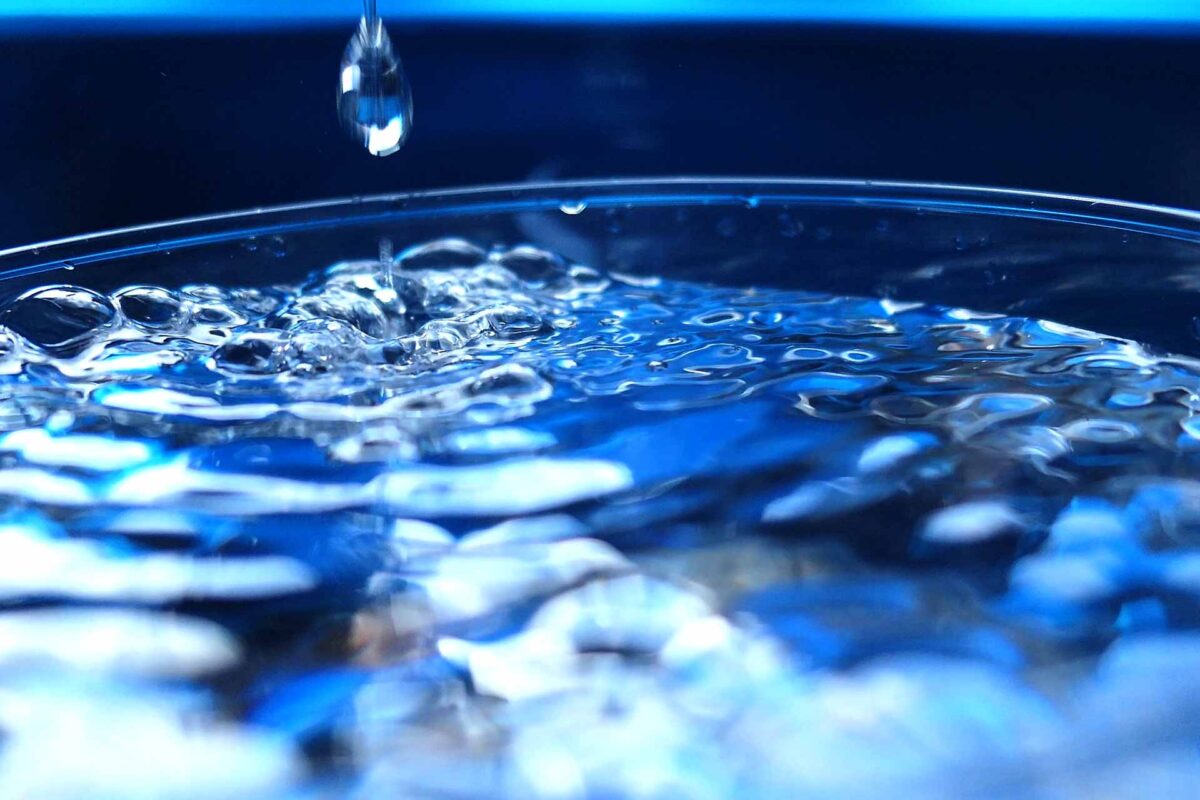
Key features of the revised Drinking Water Directive are:
- Reinforced water quality standards which are more stringent than WHO recommendations.
- Tackling emerging pollutants, such as endocrine disruptors and PFA’s. Also microplastics – for which harmonised analytical methods will be developed in 2021.
- A preventive approach favouring actions to reduce pollution at source by introducing the “risk based approach”. This is based on an in-depth analysis of the whole water cycle, from source to distribution.
- Measures to ensure better access to water, particularly for vulnerable and marginalised groups.
- Measures to promote tap water, including in public spaces and restaurants, to reduce (plastic) bottle consumption.
- Harmonisation of the quality standards for materials and products in contact with water, including a reinforcement of the limit values for lead. Regulations will change at EU level with the support of the European Chemicals Agency (ECHA).
- Measures to reduce water leakages and to increase transparency of the sector.

